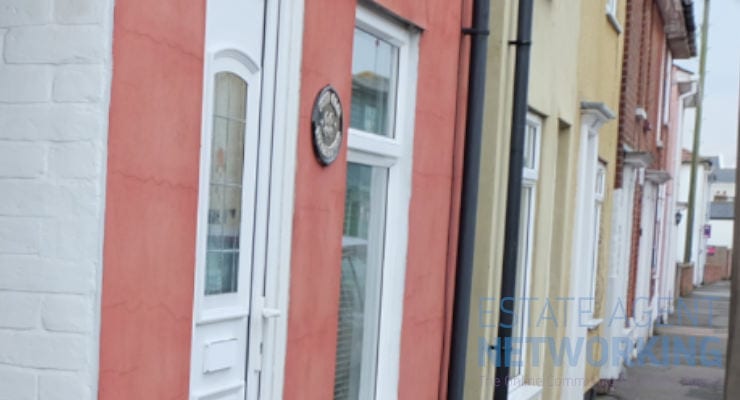Greenpeace Ruling Exposes UK Government Policy
March 3, 2025
In January 2025, Greenpeace brought a collective action against the Dutch state for failing to comply with a 2018 European Court of Justice ruling on nutrient neutrality. An appeal is expected: however, as the UK Government has adopted the same ‘tax builders for pollution others cause’ approach to reducing nutrient pollution, it may find itself needing to reassess its strategy if it is to escape legal action.
Richard Beresford, Chief Executive of the National Federation of Builders (NFB), said:
“Labour inherited a disastrous ‘blame builders’ policy by the last government, which flirted with reversing their approach, but prioritised their party over growth and fairness by choosing to tax developers to mitigate pollution cause by agriculture and water waste companies. The Netherlands has exposed this approach as flawed, something industry has been warning Government about since 2019, because pollution in protected habitats has not improved.”
The UK Government chose to replicate the Netherland’s model of taxing the development industry by forcing them to purchase local mitigation credits to offset the impact of new developments. Unfortunately, in many areas, these credits remain unavailable and even when this meant housebuilding was banned, water quality often worsened.
Rico Wojtulewicz, Head of Policy and Market Insight, added:
“New housing accounts for less than 1% of nutrient pollution, and that pollution comes from occupants, who already pay water companies to clean up their waste. The only solution is to help farmers pollute less, since they contribute up to 75% of it, and ensure water companies are held accountable by requiring them to deliver infrastructure, such as treatment works, and using emergency planning powers to support these projects.
Blaming builders has only worsened the quality of watercourses. For example, despite no new housing being built near the River Lugg, pollution levels have still increased. Water companies continue to escape accountability by using a developer tax to deliver solutions such as wetlands, while existing waterways continue to be polluted. Meanwhile, the credit mitigation system has seen SME builders hit the hardest, projects ended due to a lack of credit availability, and UK food security reduced through loss of farmland in order to create mitigation credits.
This perverse six-year experiment must end, not just for the sake of growth, but for the health of the UK’s environment.”
You May Also Enjoy
Three major cities buck commuter belt trend
The latest research from Property DriveBuy has found that house price growth across Britain’s major cities continues to lag behind their surrounding commuter belts in most cases, although three major cities are now bucking this wider trend by delivering stronger and more consistent rates of growth, whilst London is the only city to see a…
Read More One feature that can see homebuyers bag a bargain
The latest research from eXp UK reveals that low EPC-rated homes present a potential bargain for homebuyers, as house price savings of up to £54,000 far outweigh the cost of remediation. eXp UK has analysed average house price data for properties currently on the market in England with an EPC rating of E or worse*,…
Read More Property expert reveals six easily avoidable house-buying errors
Viewing a potential new home is exciting, but many buyers and renters get caught up in the decor and the layout and ignore some potential red flags that may mean they’ll regret their choice a few months down the line. Property expert, Jamie Williams, from Pure Property Finance, discusses five things you need to consider,…
Read More Renovating Rental Properties: How to Reduce Costs, Attract the Best Tenants, and Increase Profits Without Unnecessary Investment
Renovation is where many landlords either make or lose their competitive advantage. Spend too little and the property sits empty or attracts unreliable tenants. Spend without strategy and you eat into years of projected profit on upgrades tenants never notice. The sweet spot lies in understanding what drives tenant decision-making and directing every pound toward…
Read More Are landlord repossessions set to spike ahead of RRA?
Calm before the storm? Landlord repossessions fell in 2025, but they could now spike ahead of the Renters’ Rights Act New analysis from Inventory Base reveals that the number of landlord possessions fell by almost -8% in 2025, but does the introduction of the Renters’ Rights Act mean that numbers are set to spike in…
Read More Breaking Property News 23/2/26
Daily bite-sized proptech and property news in partnership with Proptech-X. RO sees large ROI with CRE atford site sale Sale of 56 Clarendon Road Watford by RO Group to Strides Pharma UK RO Group is pleased to announce the successful sale of 56 Clarendon Road, Watford to Strides Pharma UK, the UK arm of global pharmaceutical…
Read More 








